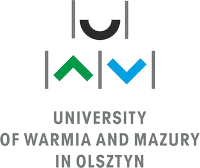I united the majority of well-informed persons into a club, which we called by the name of the Junto, and the object of which was to improve our understandings. ... The first members of our club were...
Thomas Godfrey, a self-taught mathematician, and afterwards inventor of what is now called Hadley's dial; but he had little knowledge out of his own line, and was insupportable in company, always requiring, like the majority of mathematicians that have fallen in my way, an unusual precision in everything that is said, continually contradicting, or making trifling distinctions—a sure way of defeating all the ends of conversation. He very soon left us.
Benjamin Franklin, The Life and Miscellaneous Writings of Benjamin Franklin (1839)


